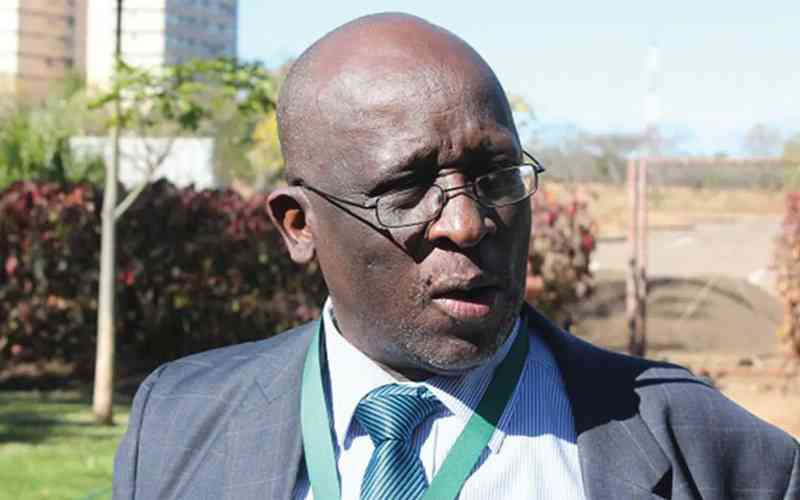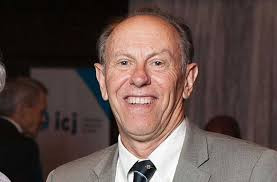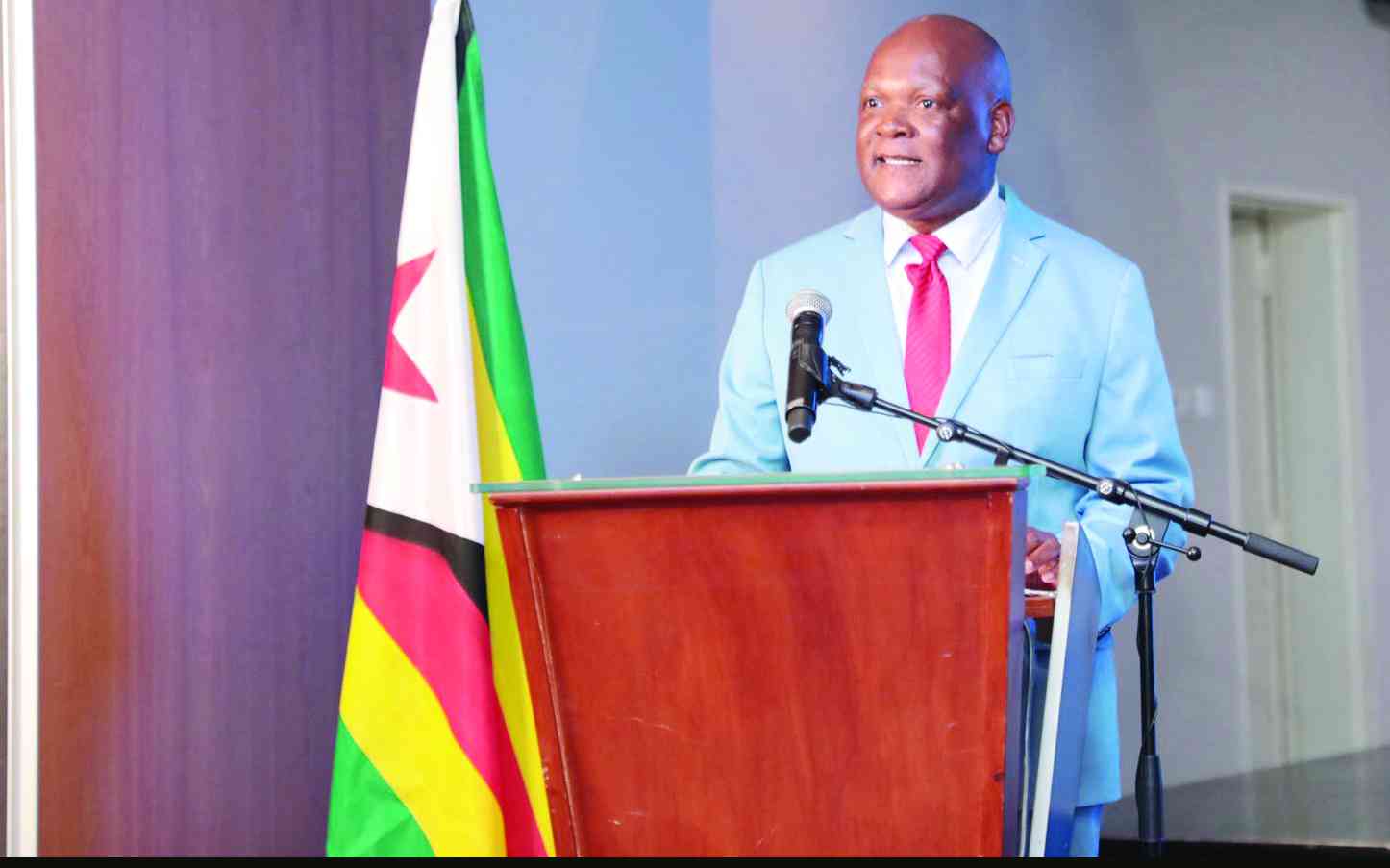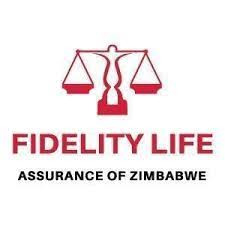
STATE-owned enterprises (SOEs) need a staggering US$30 billion to be fully transformed, with the government looking to external and local investors as well as the entities themselves to raise the funds, NewsDay Business has gathered.
Since 2018, government has been on a drive to reform the SEOs to get them back to their initia gross domestic product contribution of 40% which is currently below 12%.
Part of the reforms include partial and full privatisation of the 107 SEOs, with a majority of them being technically insolvent.
“The requirements are quite huge. What the African Development Bank study actually did was to say if we were to do justice in terms of what we require to get these entities to move forward and also address some of the infrastructural challenges, we need close to US$30 billion,” Willard Manungo, the Deputy Chief Secretary responsible for policy analysis, co-ordination and development planning in the Office of the President and Cabinet told NewsDay Business on the sidelines of the CEO Africa Roundtable annual conference in Victoria Falls yesterday.
“I am looking at the State entities now and beyond, to say we also have an infrastructural deficit that we need to overcome. It is a process because if we are going to do what we need to do on the roads, what we need to do on the rail, what we need to fully do on the energy, what we need to do on water in terms of enhancing food security through dam construction, through enhancing irrigation capacity, we really need a massive uptake in terms of financial resources.”
Manungo said it was a process, which needs to be spread over the coming years, adding that these resources should be generated by the entities themselves.
Manungo also indicated that government was working on reducing the debt owed by SOEs to institutions such as the Zimbabwe Revenue Authority (Zimra).
“But, what we have done with our colleagues at Treasury, working in partnership with Zimra, has been to come up with arrangements whereby we lower the indebtedness of these entities. And even from public entities corporate governance perspectives, it is also a requirement that some of the statutory requirements, it could be to Zimra, National Social Security Authority, pensions, and medical insurance providers, all that is reduced,” he said.
- Renault hands Russian assets to Moscow
- New perspectives: Building capacity of agricultural players in Zim
- AfDB cuts Zim’s growth projections to 3.5%
- News in depth: Mnangagwa’s push for $12 billion mining industry imperils communities
Keep Reading
“We are doing that on various fronts, enforcing accountability to ensure that those obligations come down in the future so that we create a situation and environment where we do not allow entities to slide back into indebtedness that arises out of accountability.”
He, however, noted that this was not forgiving debt, but rather requiring that the entities own up on debt, adding that President Emmerson Mnangagwa had been clear on that.
“He (Mnangagwa) wants the leaders of these entities to assume any obligations that arise under their watch including financial obligations that they incur,” Manungo added.
For years, SOEs have not been performing well owing mostly to poor leadership, bad governance, mismanagement of revenues and corruption.
These shortcomings have largely taken the form of bloated budgets draining Treasury coffers.
This has led to SOEs owing millions of dollars to Zimra, which has since stopped reporting the debt owed to it by government and State entities with the last figure on record being US$490 780 504,19 as of the end of 2017.
Follow us on Twitter
@NewsDayZimbabwe











